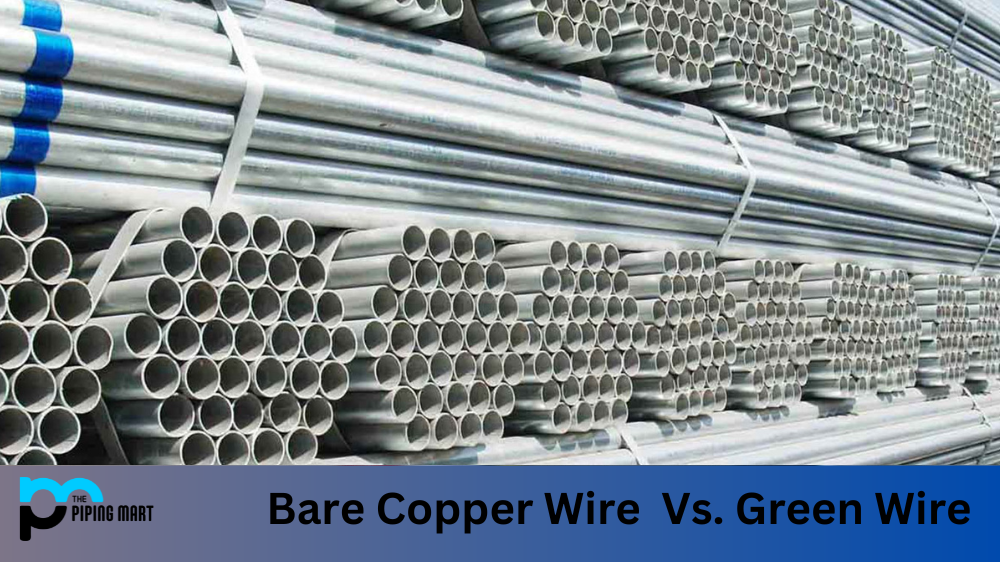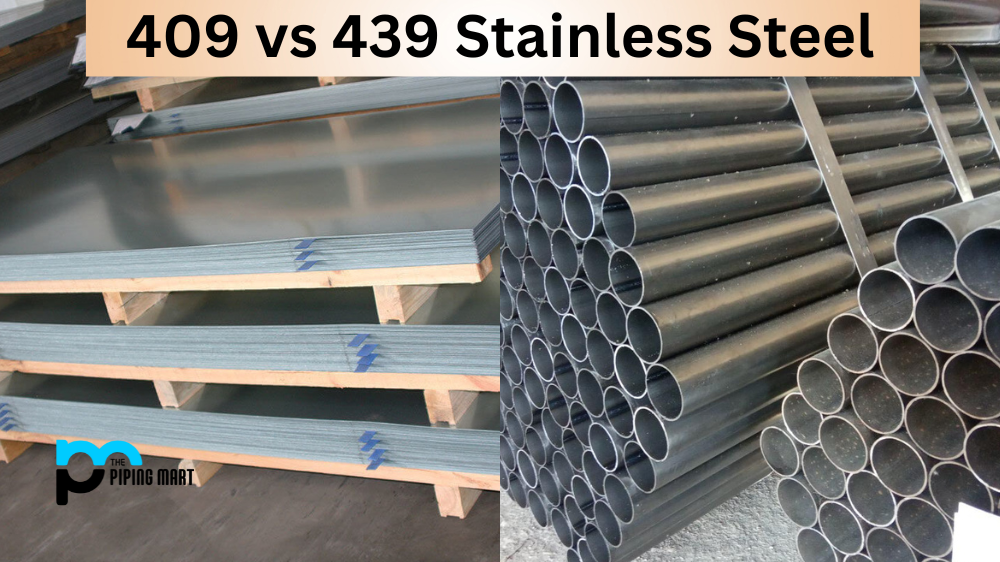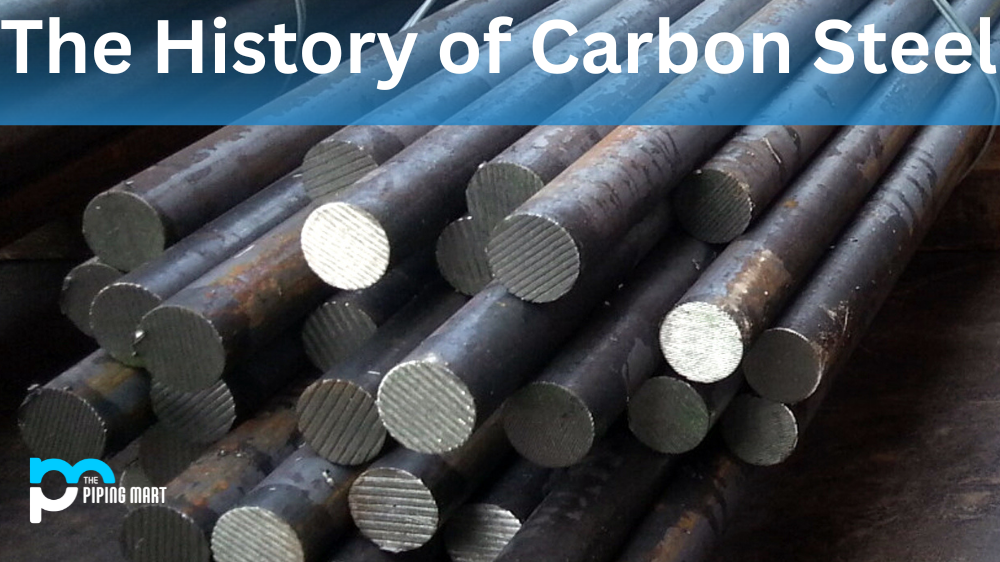Brass is a metal alloy made by combining copper and zinc that has been used for centuries for many different applications. Modern brass is often used in electrical components due to its high conductivity. But just how conductive is brass? Let’s look at this metal alloy and see what makes it attractive to electrical engineers.
What Makes Brass Conductive?
Brass is an excellent conductor of electricity because of its chemical makeup. When combined with copper and zinc, the resulting alloy has greater electrical conductivity than either of the two metals. This makes brass ideal for electrical components such as connectors, switches, relays, and contactors. It’s also highly resistant to corrosion, increasing its value in electrical engineering applications.
Benefits of Using Brass in Electrical Applications
In addition to its conductivity and corrosion resistance, brass has other benefits in electrical engineering applications. One advantage is that it’s relatively inexpensive compared to other metals. It’s also easy to work with, which makes it an ideal choice for prototyping or designing custom parts for specific projects. For these reasons, brass has become a popular choice among electrical engineers when searching for materials with superior conductivity properties.
- Another advantage of using brass over other metals is that it’s non-magnetic, which means it won’t interfere with sensitive electronic equipment or cause interference when connected to audio systems or communication networks.
- Additionally, since brass can be formed into any shape the application may require, engineers have plenty of design flexibility when using this metal alloy in their projects.
Conclusion:
While many different types of metals are available for use in electrical engineering applications, brass stands out as one of the most reliable choices due to its excellent conductivity properties and affordability compared to other metals like gold or silver. Its ability to resist corrosion also makes it a great choice, as it ensures that your connections remain strong even after years of exposure to adverse weather conditions or extreme temperatures. Additionally, its non-magnetic properties mean you don’t have to worry about interference when connecting sensitive electronics or audio systems with brass components either! If you’re looking for a reliable material with good conductivity properties, consider using brass components on your next project!
Meet Heer, a dynamic and driven writer learning tricks of her trade in the metal industry. With a background in Digital Marketing, Heer brings a unique perspective to her writing, sharing valuable insights. Apart from blogging she like reading and hiking.




